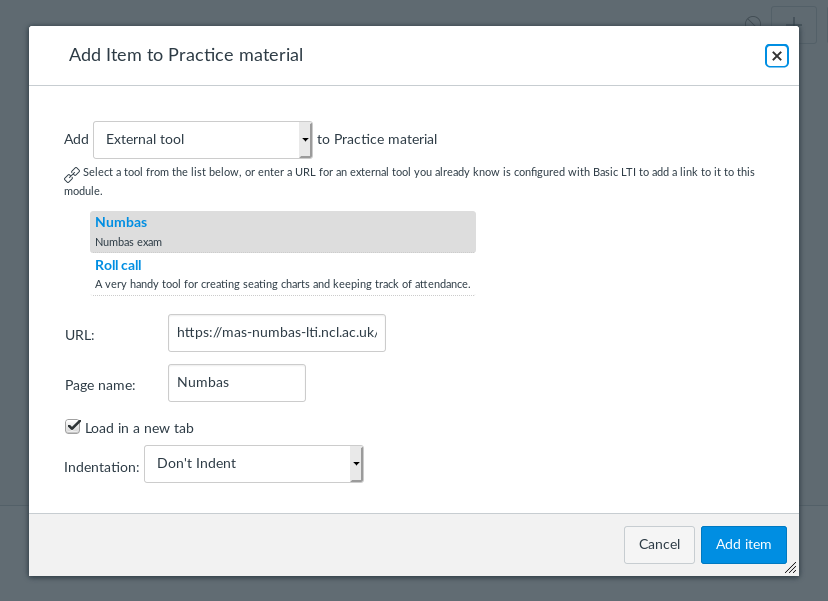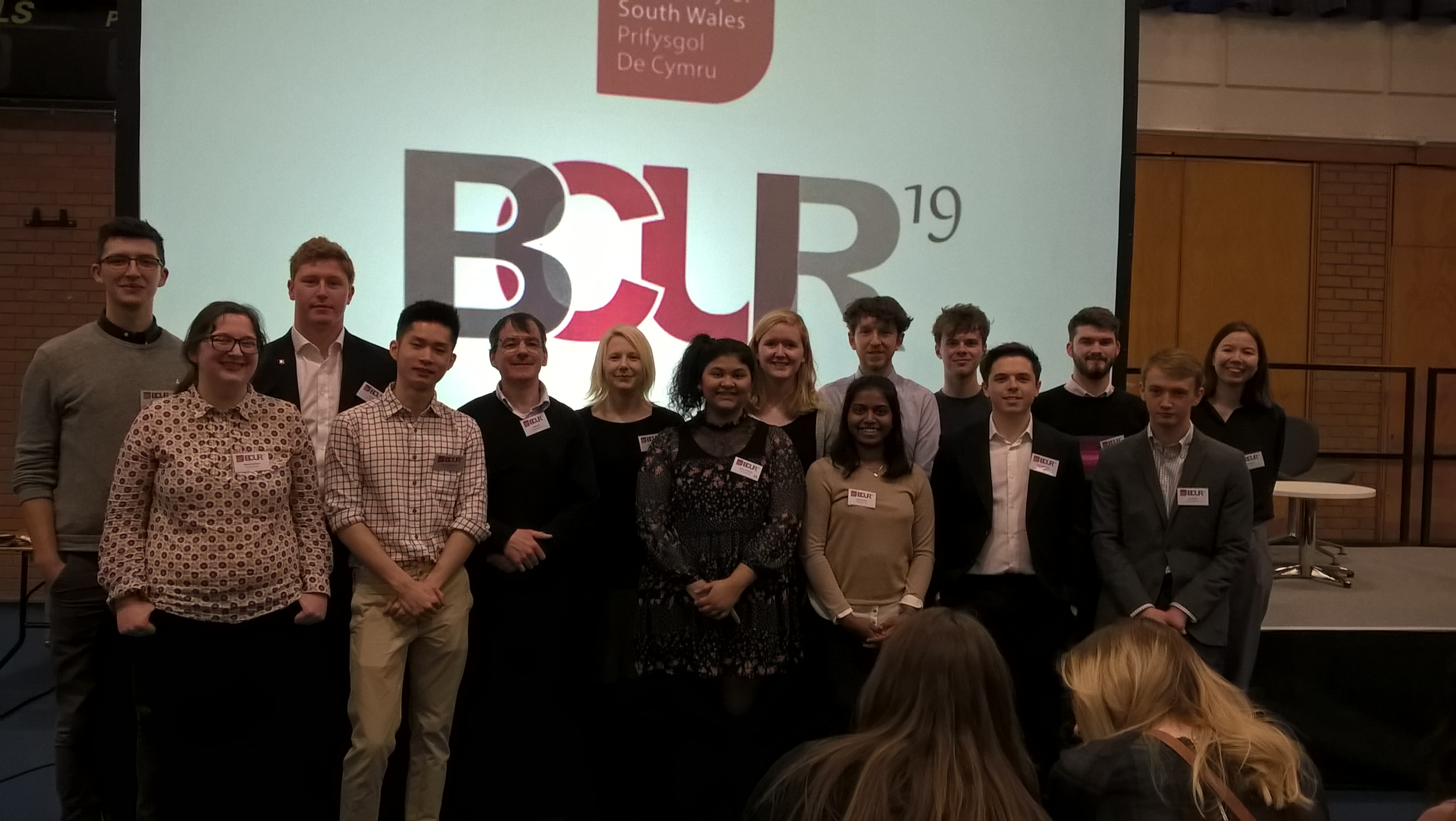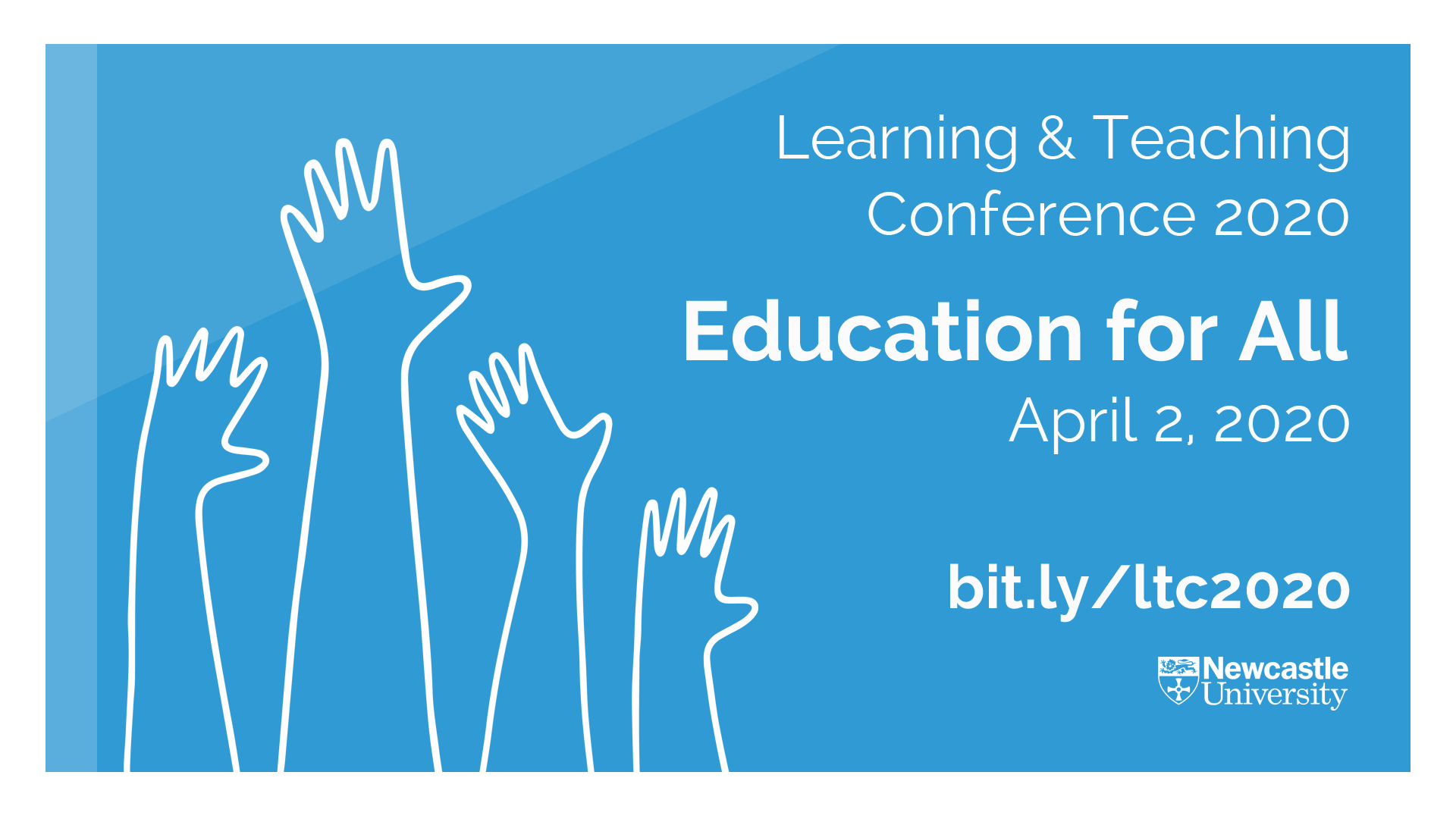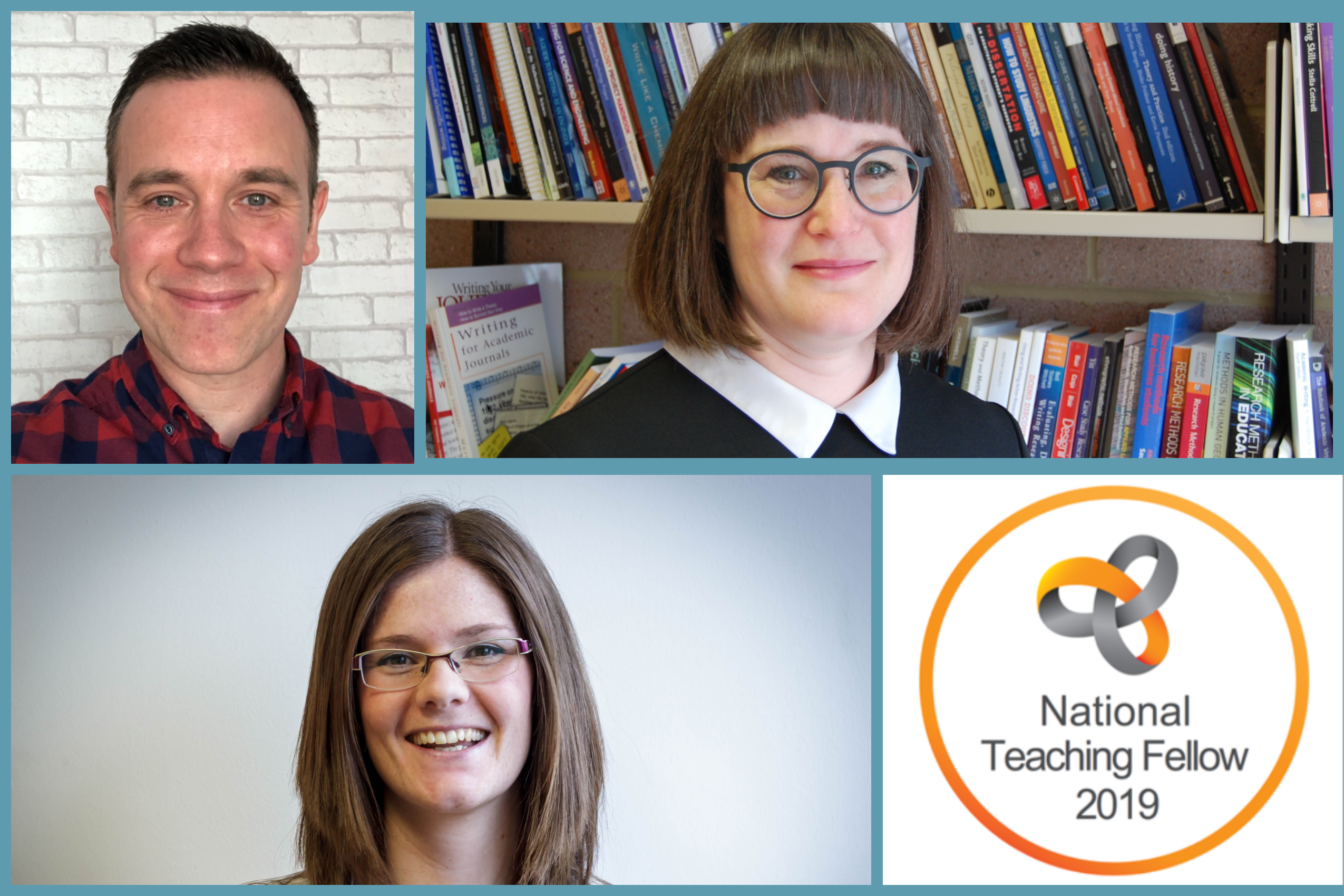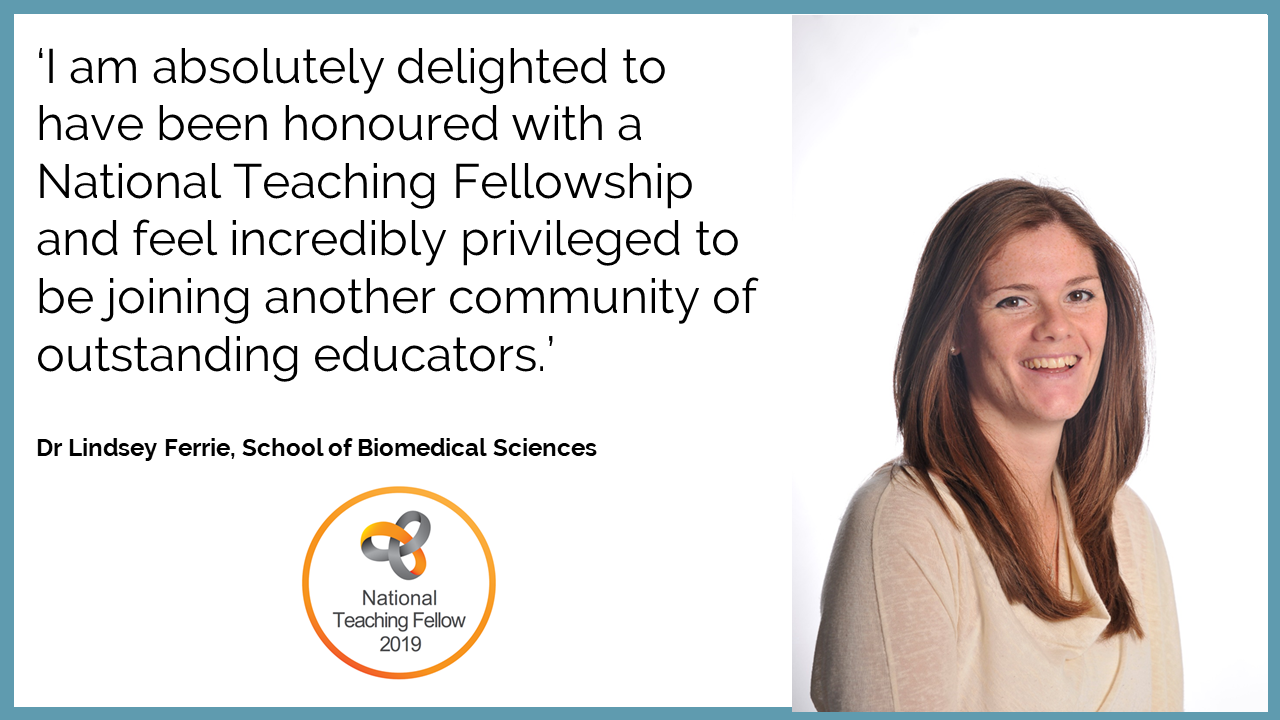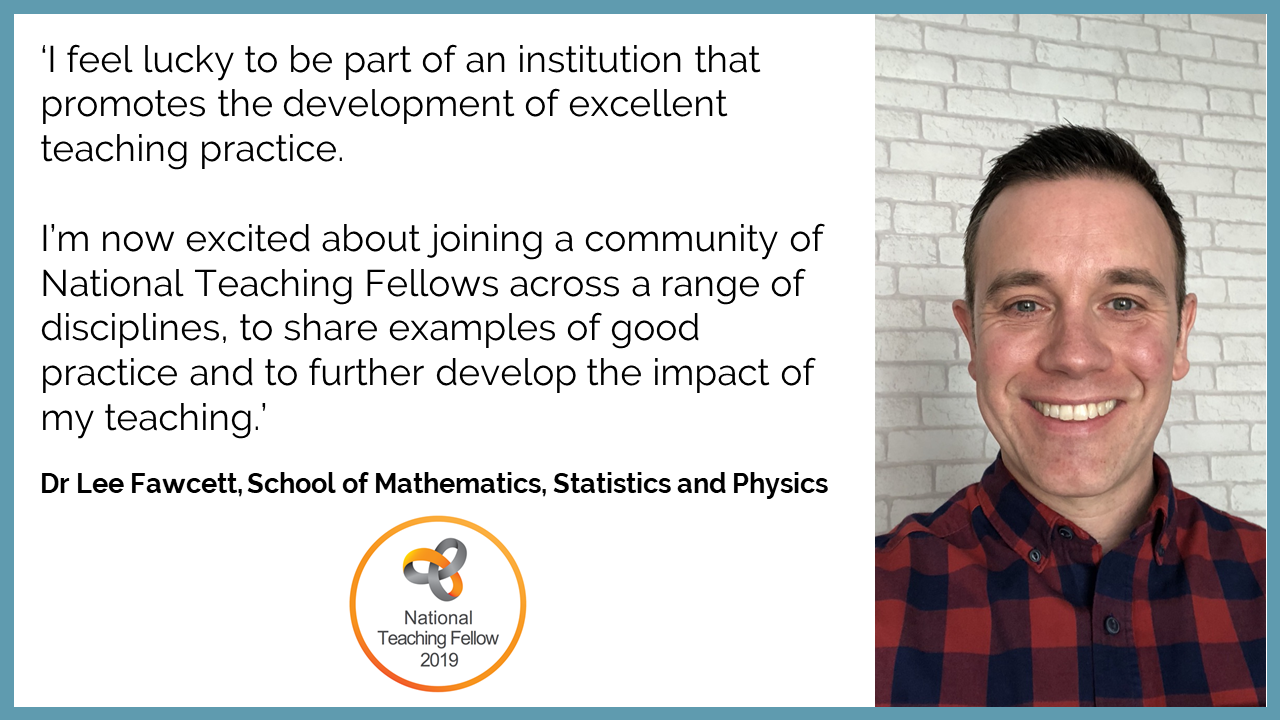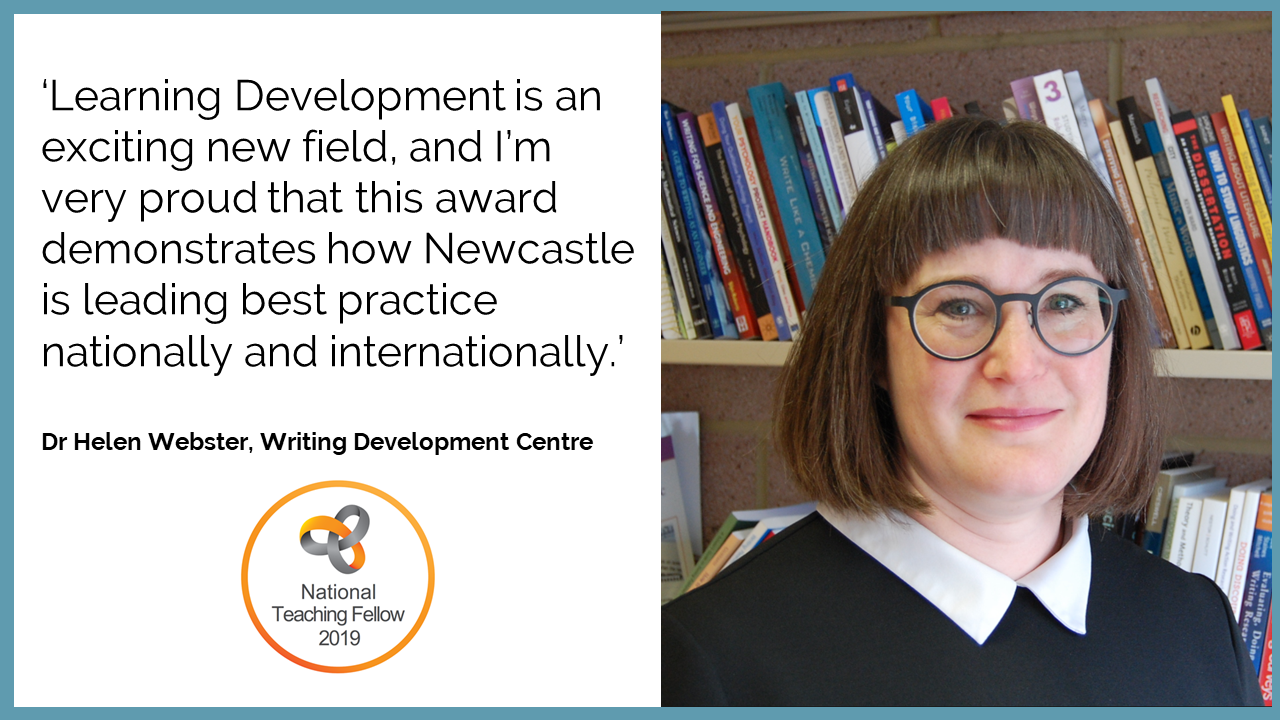2nd April 2020
Newcastle University Campus
How do we deliver Newcastle’s educational vision, meet the needs of all our students and support and develop our staff?
This one-day conference will explore these questions and more.
All are invited to join the conversation on the 2nd April 2020.
Join us – Registration is open
You can book your place for the conference now.
Hear from the two exciting keynote presenters and be inspired by the work of your colleagues and students across Newcastle University’s campuses.
Keep up to date with how the day is developing by visiting the conference website.
Call for submissions
Why not share your own practice? The call for submissions is also open.
Proposals are encouraged from everyone involved in learning and teaching at all Newcastle University campuses – students, academic staff, professional services staff, technicians and external collaborators.
There are full details about how to submit, formats, themes and criteria on the conference website.
The deadline for submissions is 10 January 2020.
Spread the word
Tell you colleagues about the conference and how to register – all are welcome.
Are they doing some interesting work that deserves to be known more widely, and just need some encouragement? This is their chance, why not suggest they submit a proposal.
